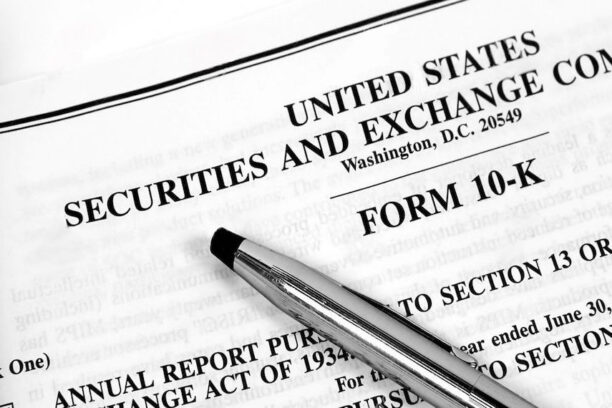Speaking of supplier risks … I’ve written that the new world of US tariffs makes supply chain due diligence professionals more directly impactful, financially material and valuable than ever before. Companies are taking extraordinary efforts to mitigate financial impacts of tariffs. Unfortunately, supplier vetting procedures could conflict with that goal – namely social and quality audits of suppliers and possibly even public conflict mineral reports filed with the SEC.
The problem? Social and quality audits of suppliers – along with industry initiatives for traceability – may create evidence that conflicts with country of origin claims for tariff purposes. These audits are frequently a pre-qualification step necessary before new suppliers/vendors are accepted, providing advance knowledge of supplier locations and what happens at those locations, possibly uncovering situations where “country-washing” trans-shipments take place without “substantial transformation” of products to justify reclassifying the country of origin. Supplier audits are typically conducted periodically throughout the business relationship as well, adding to a potential treasure trove of evidence that could be used by US Customs and Border Protection (CBP) in tariff investigations/enforcement.
Supply chain due diligence professionals should already have strong relationships with their company’s trade compliance function. This should be a priority topic of conversation at your next get-together.
Members can read more about supply chain risk here.
If you’re not already a member, sign up now and take advantage of our no-risk “100-Day Promise” – during the first 100 days as an activated member, you may cancel for any reason and receive a full refund. But it will probably pay for itself before then.
DID YOU KNOW … we are much more than just blogs. PracticalESG provides tools and guidance for in house staff and outside advisors – from beginners to senior practitioners. We scour third party resources, vetting and filtering them – saving you hours of your day. And we don’t use AI to produce any content or have annoying ads.
Are you a client of one of our Partners? Contact them for exclusive pricing packages for PracticalESG.
If you aren’t already subscribed to our complimentary ESG blog, sign up here for daily updates delivered right to you.










